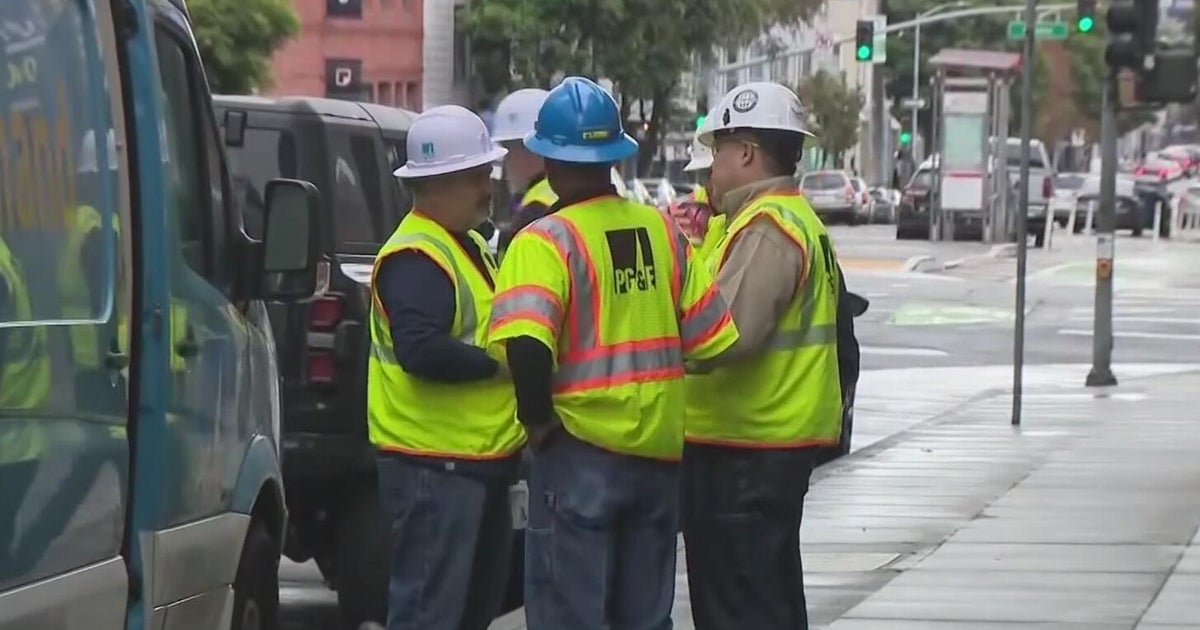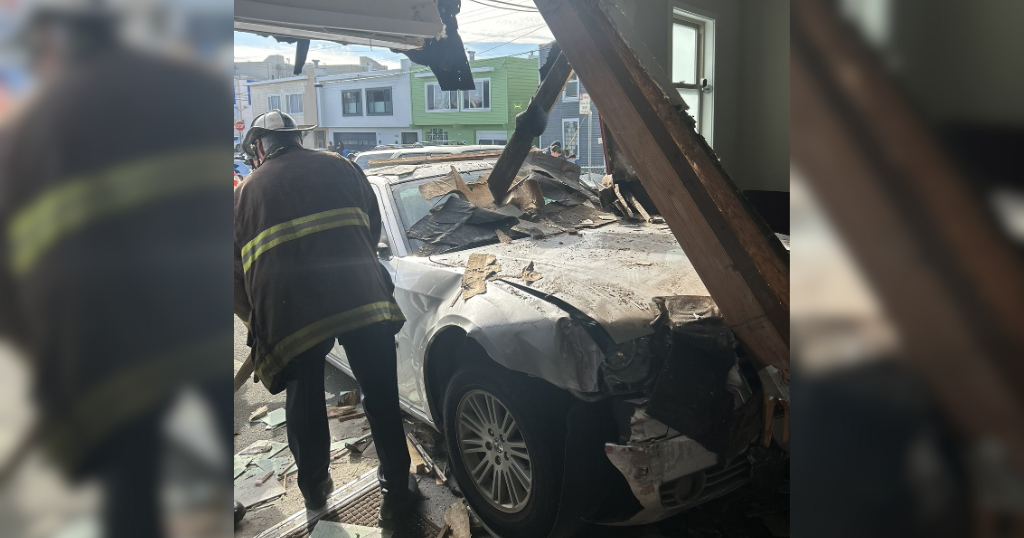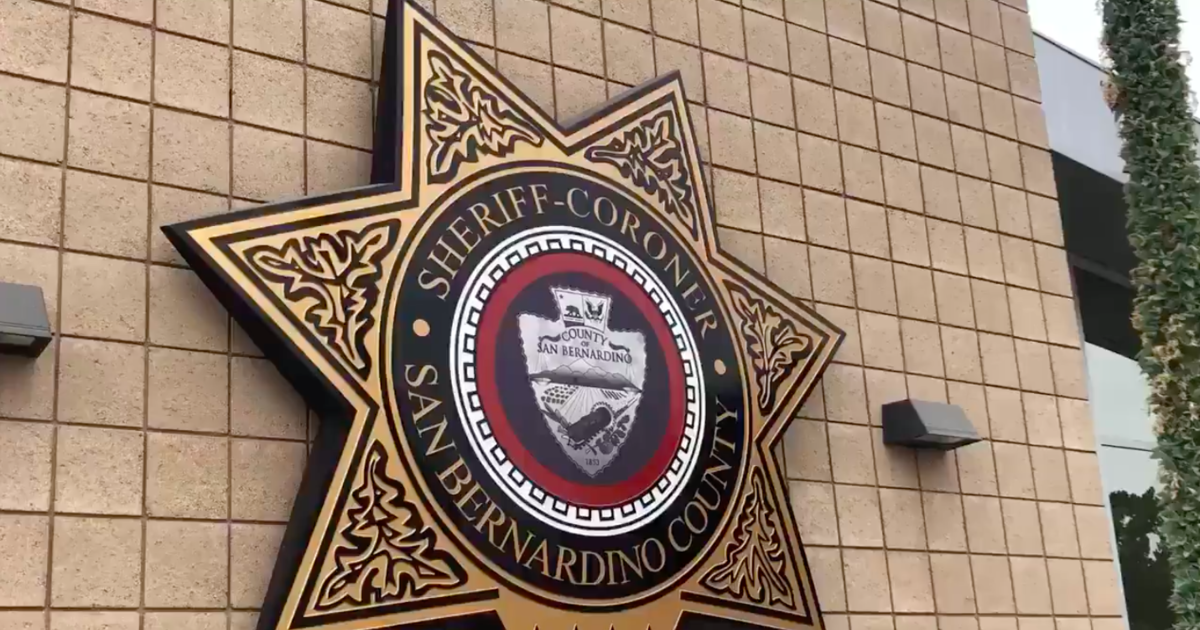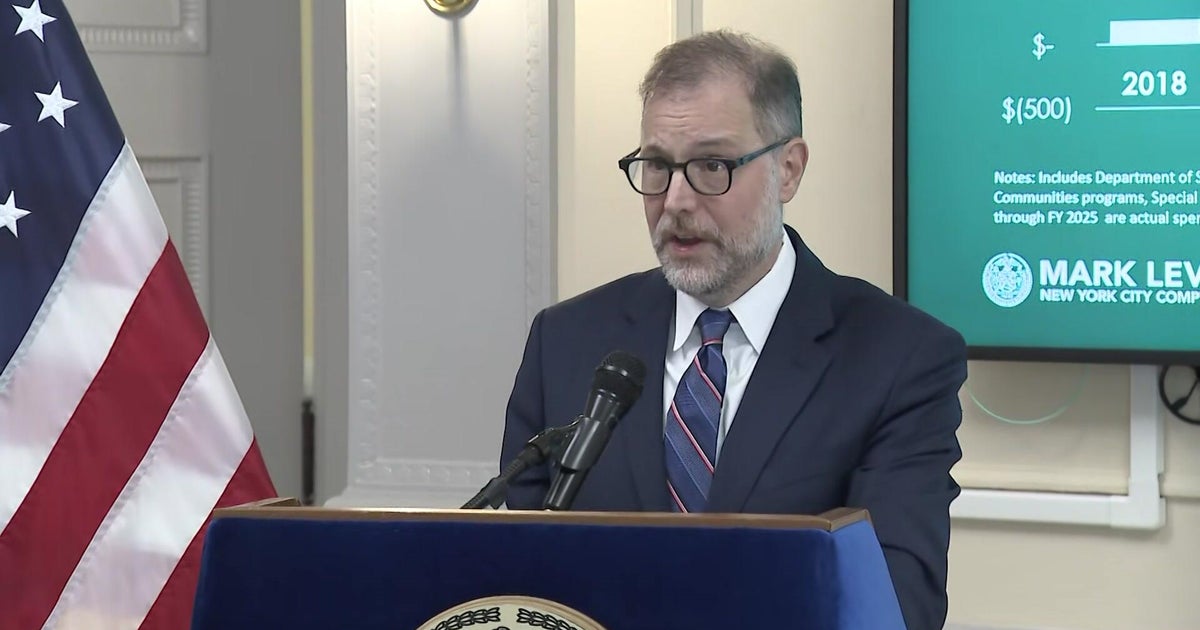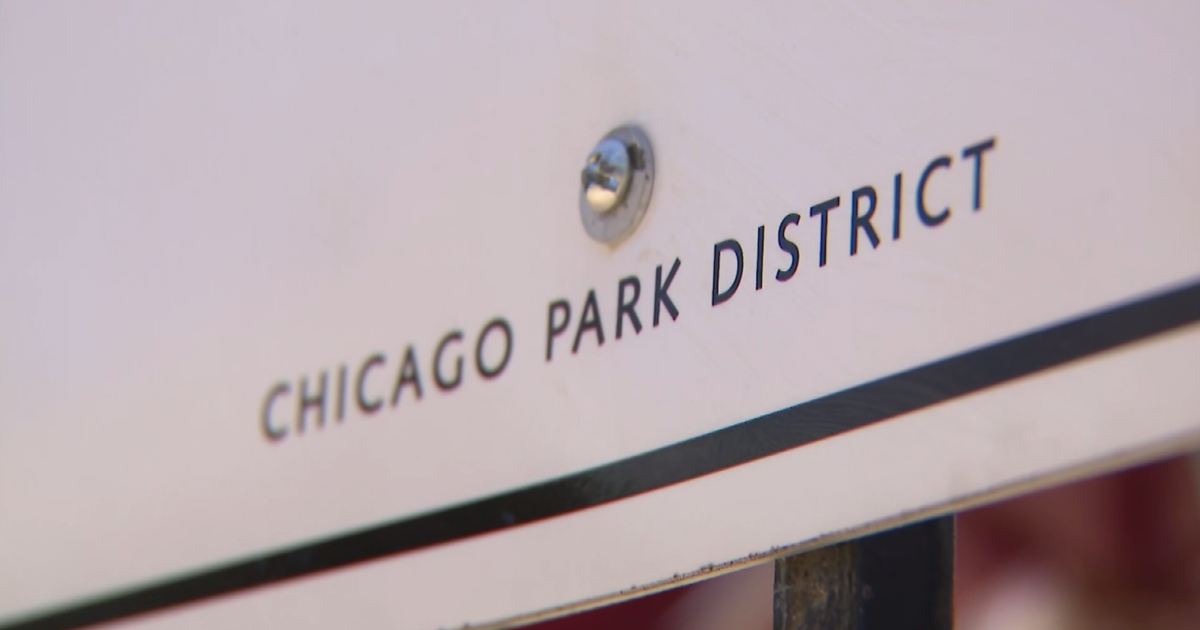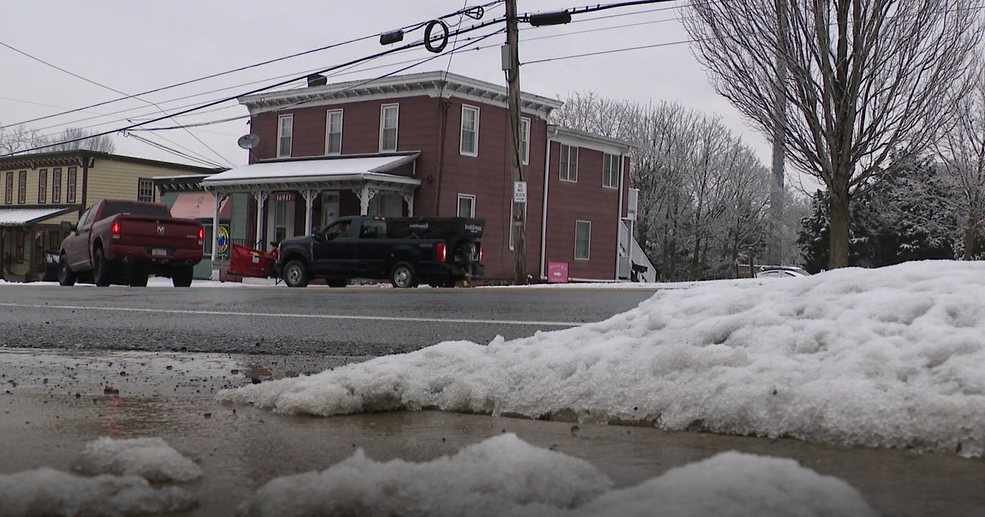San Francisco Muni will cut service to five lines starting in June
Service cuts to public transportation will be coming to San Francisco, but according to Muni, the cuts have been scaled back quite a bit compared to what was proposed in March.
The San Francisco Municipal Transit Agency faces a $50 million budget deficit and said it had to make some changes to close the gap.
For Katie Petrucione, she relies on Muni every day to get to work.
"I work at city hall and live out near San Francisco State, and it's just easier to get back and forth on Muni," said Petrucione. "I don't have to park."
Petrucione has been keeping up with Muni's financial dilemma. A $50 million budget deficit for the next fiscal year.
"Given the financial crisis that they face, it feels like a reasonable thing for them to do," she said. "I think they will have to make some tradeoffs.
After doing outreach, Muni tried to minimize service disruption. The board, though, ultimately voted to make service cuts to 5 lines starting on June 21. Riders KPIX talked with said this was expected.
"I think they're trying to consolidate and do the best they can with the budget they have," said Kristin Frick, a Muni rider. "Ridership took a big hit during COVID. That makes sense, and it hasn't really picked back up. So, I know it's a tough situation they're in."
"Given the size of the budget deficit that they are facing, I don't think they have options other than looking at service," Petrucione added. "Of course, they're considering things like increasing parking meter fees. They have multiple revenue streams, but I think service has got to be on the table for them."
Muni is also raising parking fees by a quarter at all meters. To offset having to make deeper service cuts, there is also the Connect Bay Area Act, a 2026 ballot measure which would increase the sales tax by half a cent in San Francisco, Alameda and Contra Costa counties to fund public transportation.
While some are reluctant about increasing the sales tax, others don't see any other option.
"I think we as a city have to invest in public transit," said Petrucione. "I think, economically, we have to invest in transit. The city's mantra for a long time has been transit first, and if we want to abide by that, we have to spend money on it."
